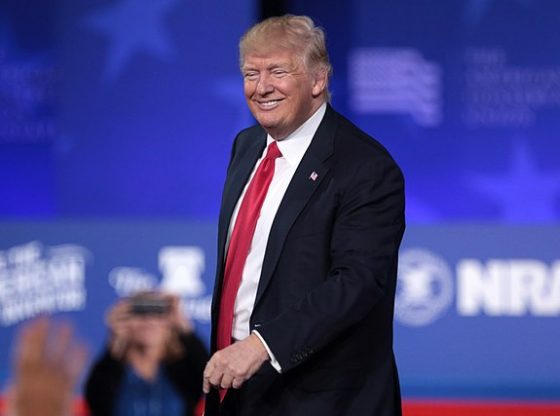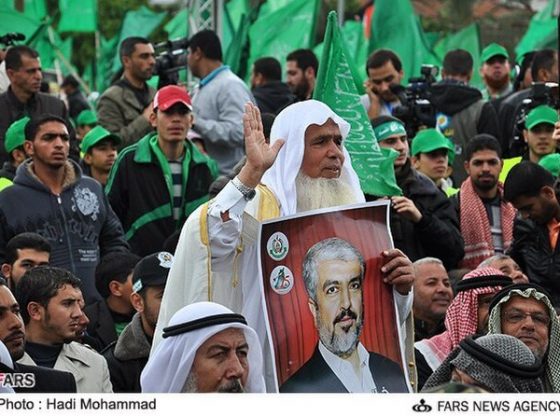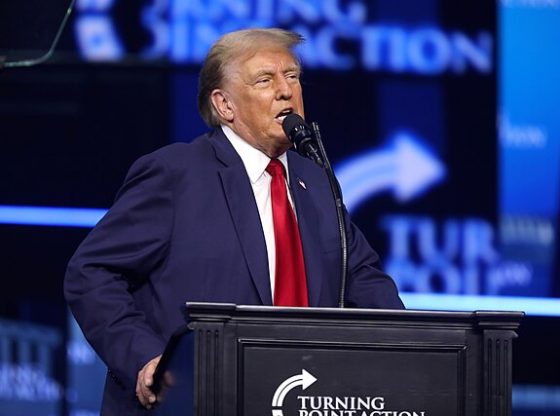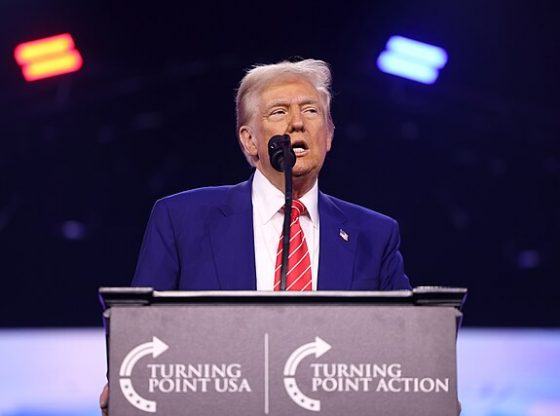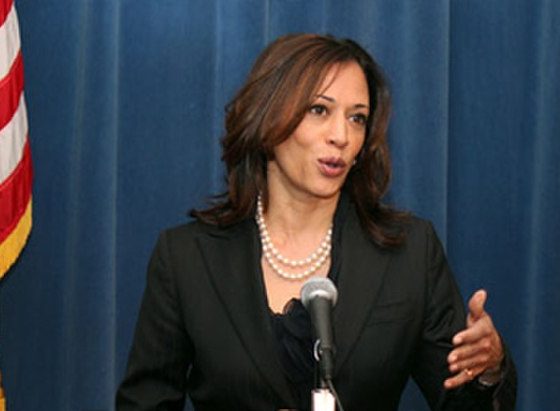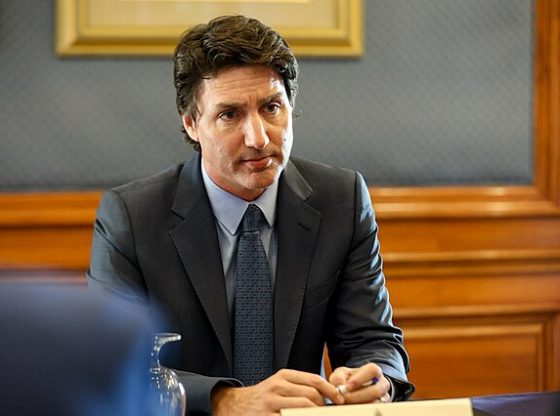Writing at Townhall, Matt Vespa notes that American shale energy industry is absolutely punishing the economy of one our top “allies” in the Middle East- Saudi Arabia:
Saudi Arabia knew that North American shale production could potentially torpedo their hold on the energy market via oil. So, they decided to trounce the natural gas market by opening the floodgates with petroleum. It didn’t work. The Telegraph now reports that shale production has cut prices so low that they can produce at prices that are lower that what’s required to keep Saudi Arabia’s socioeconomic fabric healthy:
Opec’s worst fears are coming true. Twenty months after Saudi Arabia took the fateful decision to flood world markets with oil, it has still failed to break the back of the US shale industry.
The Saudi-led Gulf states have certainly succeeded in killing off a string of global mega-projects in deep waters. Investment in upstream exploration from 2014 to 2020 will be $1.8 trillion less than previously assumed, according to consultants IHS. But this is a bitter victory at best.
North America’s hydraulic frackers are cutting costs so fast that most can now produce at prices far below levels needed to fund the Saudi welfare state and its military machine, or to cover Opec budget deficits.
This is interesting news. America’s alliance with Saudi Arabia has always been ethically problematic, a cynical move made to ensure energy security. Many Americans wonder aloud how a country that is committed to fighting the spread of radical Islamic terrorism can continue to fill the pockets of its primary financiers, especially in the wake of revelations in the recently unredacted 28 pages of the 9/11 report that members of the Saudi royal family were likely financially supporting the perpetrators of the 9/11 terrorist attacks. What’s more, the Saudis continue to finance the global spread of Wahabbi, the radical brand of Islam that drives global Sunni terrorism.
Theoretically, American energy independence could provide a path out of the various Middle Eastern quagmires that have led to an almost unquantifiable loss of blood and treasure over the last twenty years. That’s the best case scenario. The worst case scenario? The economic collapse of Saudi Arabia and the seizure of the country by even more radical Islamist elements and the expansion of turmoil in the Middle East.
These are dangerous times.


